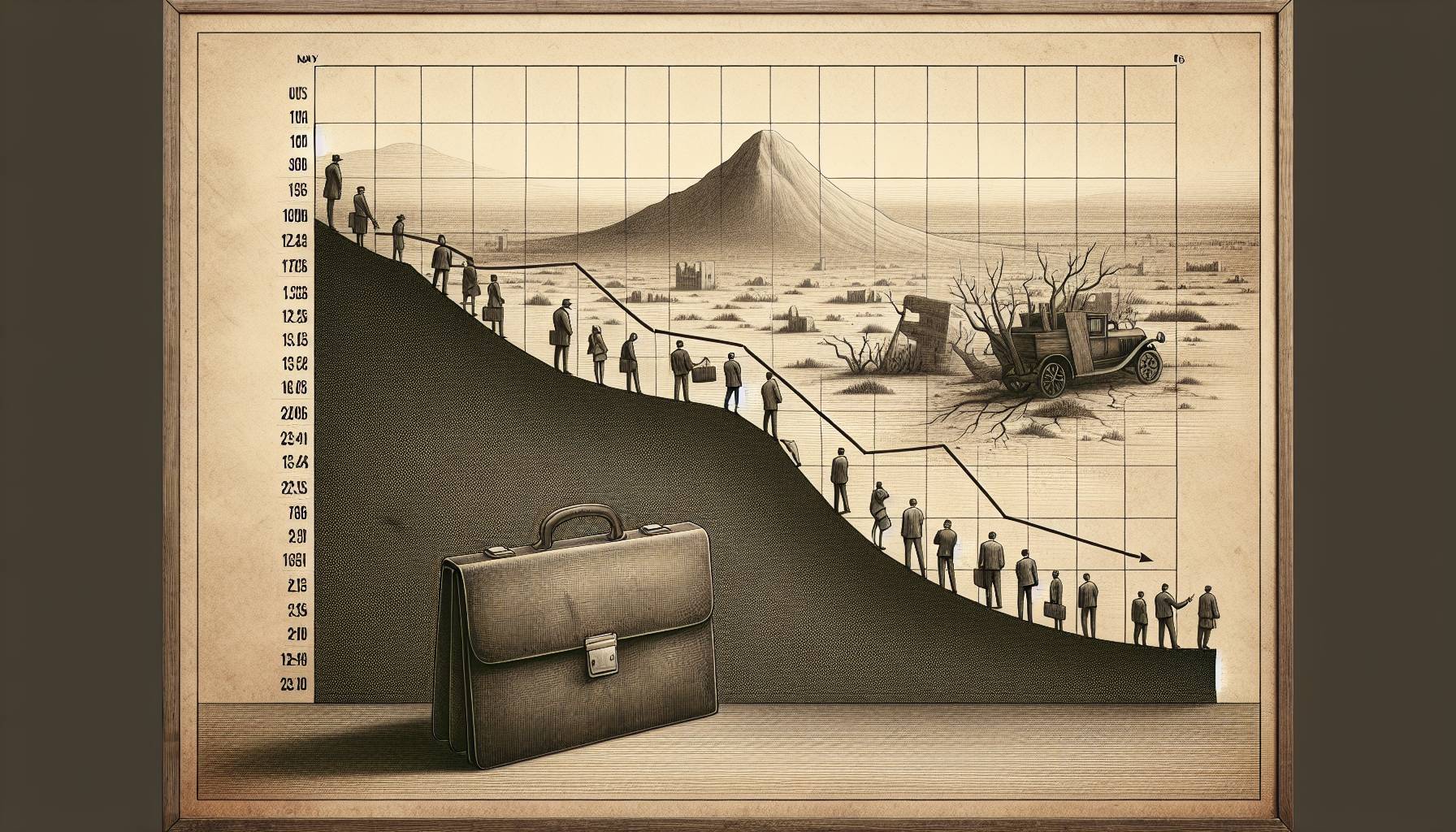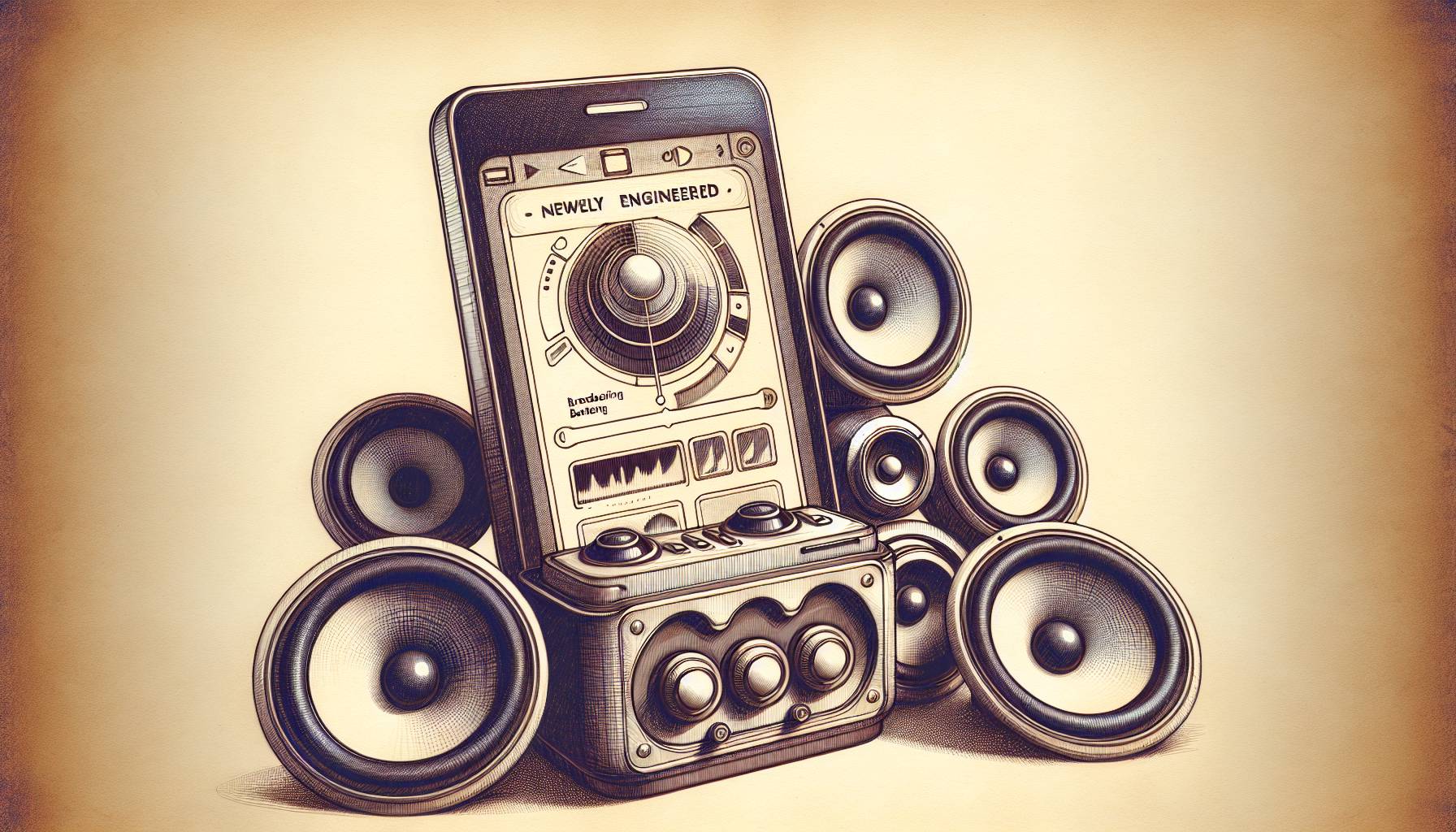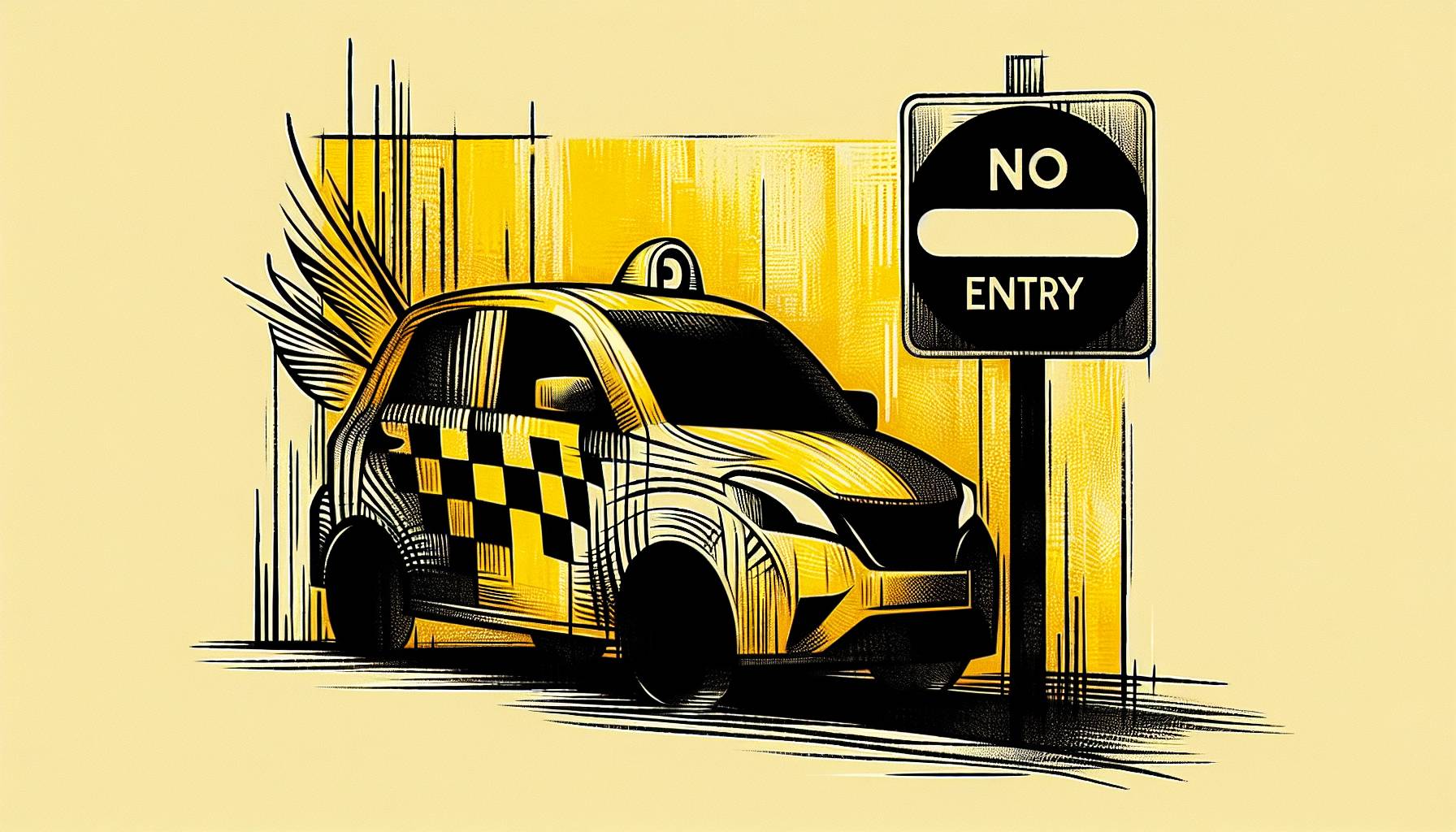It’s one of Apple’s biggest selling points for its mobile devices: more than 400,000 total apps, all screened by Apple. More than 1 billion total downloads to date. And more than 100,000 apps created with just the iPad in mind.
But while the iTunes App Store is definitely the most successful App Store around, greatly outpacing sales in the Android Market and Research In Motion’s BlackBerry App World, it’s not necessarily the best place for individual apps to make a mark. More developers flock to Apple’s iOS platform because there’s money to be made there – often more and more reliably than on other platforms – but new market research suggests if you want an app to be downloaded a lot, you should take it to one of the little guys.
The “little guys,” as research2guidance, a market research firm based out of Berlin, Germany, sees it, are Microsoft, RIM and Nokia. Boy Genius Report has a press release from the firm, which states that “The ‘average app’ has a better chance to generate downloads on ‘non-hyped’ platforms.”
According to research2guidance’s findings, the average app in the Nokia Ovi Store “generated 160 percent more daily downloads than the average iOS app in Apple’s App Store.” And it doesn’t stop there: apps in the Windows Marketplace, Microsoft’s Windows Phone 7 store, saw 80 percent more daily downloads on average than the average iOS app, while RIM’s BlackBerry App World generated 43 percent more downloads per day for the average app. The average app on Google’s Android platform is downloaded 5 percent less than the average iOS app.
The reason, research2guidance says, is that while the iOS app store boasts 400,000 apps, if you’re interested in just one app, that’s 399,999 others that are competing for attention. They’re also competing for space on Apple’s What’s Hot and New and Noteworthy curated lists, and on the sales charts that generate more exposure and more sales. Apps also just have to compete with each other in huge fields like games and entertainment.
In smaller app stores, there are fewer apps in general, so it’s easier for an app to gain popularity or stand out. Apps have less competition, and more than that, less noise to contend with. Thus, good apps become popular among more users, and receive more downloads.
One caveat to those findings: The number of downloads doesn’t necessarily equate to the amount of revenue. The user base of the iTunes App Store is in the tens of millions, so when an app hits in the App Store, it can really hit it big. This is the major reason that so many developers are willing to try their luck in Apple’s walled garden – there’s money to be made. And as research2guidance points out in its release, while even smaller stores like LG World! might have as few as 3,000 apps and therefore make it very easy for an app to get a lot of downloads, it also has such a low user base that it’s difficult for developers to generate revenue regardless.
The findings don’t necessarily mean that developers should jump ship and start flocking to Windows Phone 7 from iOS, but it does suggest that those smartphone platforms that seem like they’re going to stay small or unable to challenge Apple or Google for dominance can lure in developers with the promise of successful apps.
Nokia’s Symbian platform is on its way out, but Windows Phone 7 could be a viable contender, and the lights aren’t out on RIM just yet, either.












